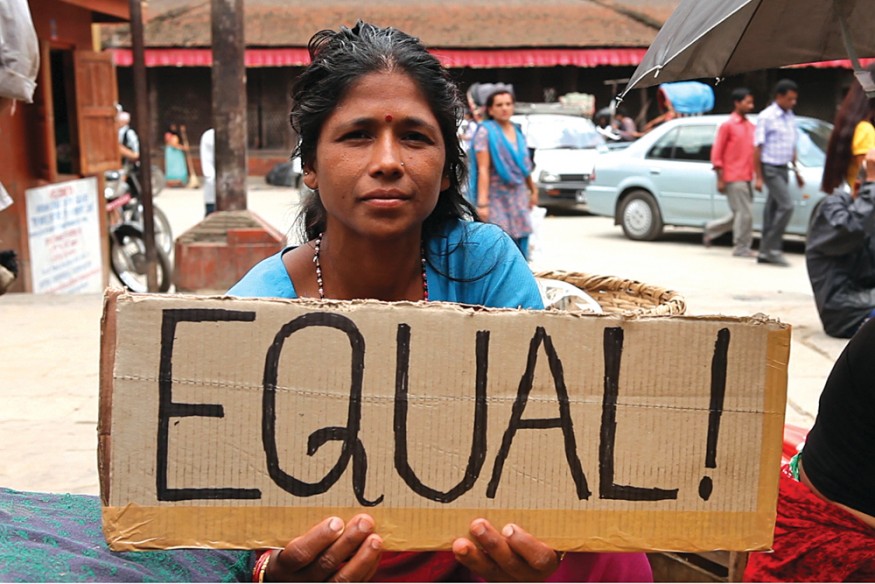
The very notion of gender equality entails the belief that injustice is associated with the concept’s very definition. It is imperative that we reflect deeply on this association. Injustice arises as an inability of society to accept an obvious fact that, naturally, men and women should be equal.
The realization that sustainable development is not possible without equality between men and women is a relatively recent finding and directly linked to sustainability issues.
I propose that a holistic, comprehensive approach to sustainability is one of the most important ways to support and maintain gender justice and equality. The world needs, as a matter of urgency, to define the issues of social responsibility, so that the major themes related to the human being can be shared among all genders. It is very important to take care of our increasingly volatile planet, but more importantly, it is to take care of the people who live on it.
Women actively contribute in all sectors of productive activity, side by side with men, seeking equality based on respect and recognition of their role in society. However, their rights continue to be denied and their contribution to the sustainability of society are stunted or overlooked.
Women’s roles should be increasingly valued as an active presence within the family with responsibilities, whether in the world of work, communities, or just as mothers. Their contribution is indispensable to the existence of a sustainable society, since their participation has become a strong example of social inclusion and feminine empowerment. These women are businesswomen, decision makers, workers and leaders.
For many women this recognition and appreciation of their abilities are part of their day-to-day life. Tragically, most women aren’t recognized in any sense that would empower them. It is a serious, crippling and psychologically debilitating problem. Most women earn less than men in the same professional roles, are victims of discrimination, struggle with double shift at work and home and are often still the targets of aggression and sexual harassment.
How, then, can one imagine sustainable development without the potential of women, which has not been supported enough the world over so far?
We need to create the necessary mechanisms for new ideas to be considered in a serious and responsible way. There are many obstacles along the road to true equality.
And why not start taking some simple but effective steps?
There is an urgent need to fund more women’s service centers where they can report violence and have psychological counseling.
We should encourage women to seek independence and not be afraid to consider alternatives that can generate multiple income streams.
Parents need to educate sons and daughters so that they respect each other and are willing to share domestic work.
Boys need to be taught not to reproduce expressions such as “This is a woman’s thing,” or denigrate certain professions or activities. Such discourse violates the dignity of women who give decades of their lives doing thankless and often unpaid or low-paid work taken for granted, often by men.
Finally, we all have a moral responsibility to report cases of violence, abuse and sexual exploitation against children and adolescents.
There is always more we can do. When women uplift themselves (and we uplifted other women and men), men and children benefit. Let’s create a world where women – and men – can realize their full potential.
Sónia Gomes *
Article published in TeaHouse – BuddhistDoor International on 8 March 2018
